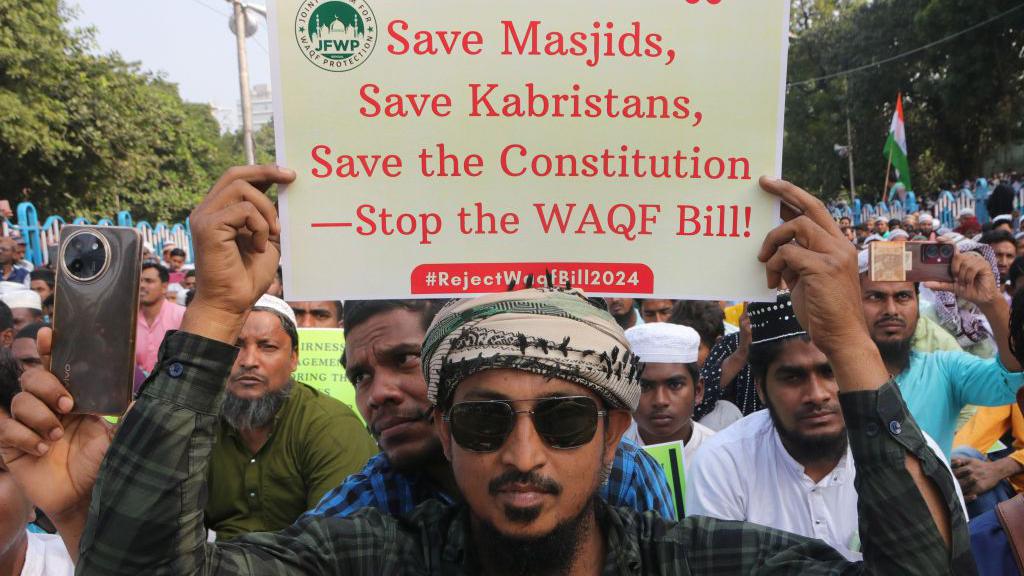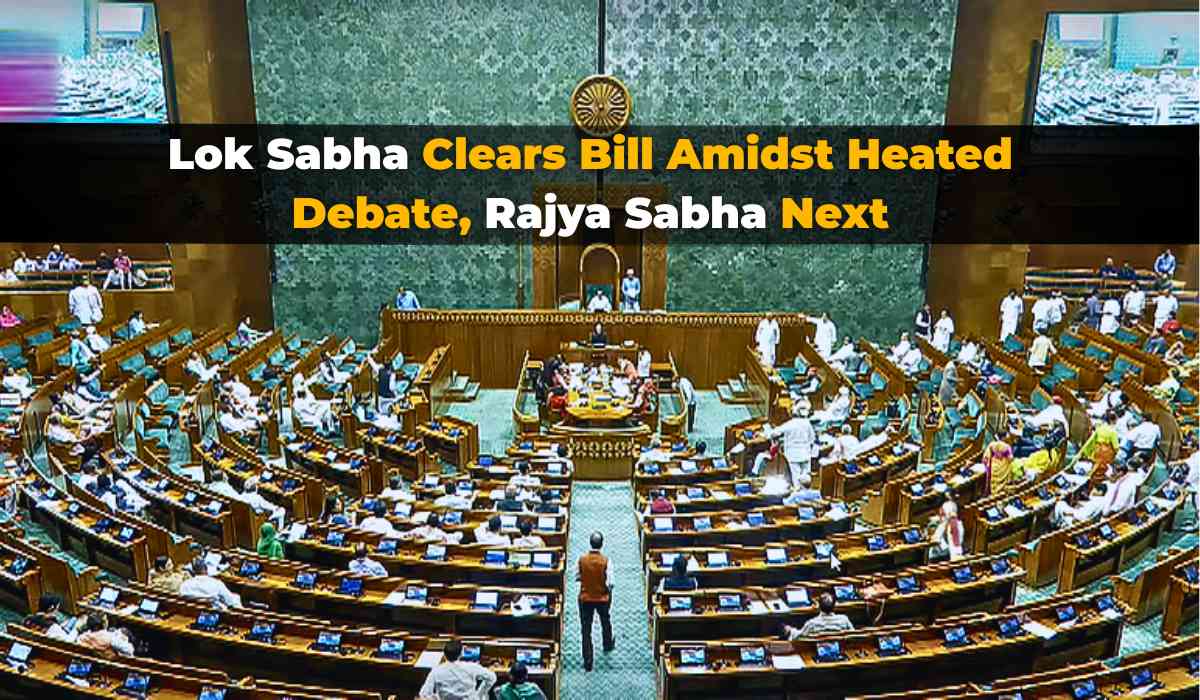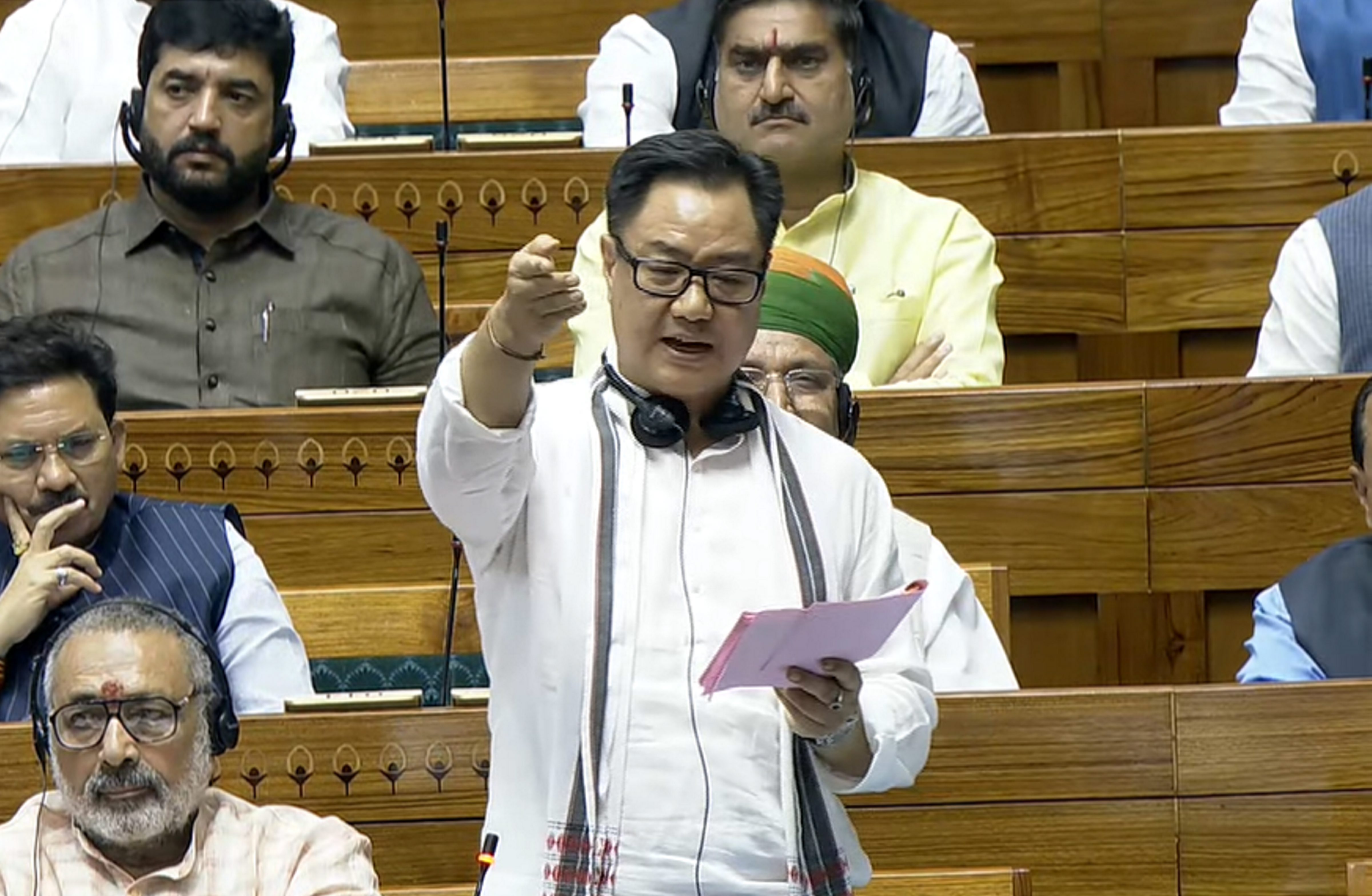In a significant development, the Lok Sabha has passed the contentious Waqf Amendment Bill, 2025, after a marathon 12-hour debate. The bill, which aims to modernize the management of Waqf properties in India, was approved with 288 votes in favor and 232 against. This move sets the stage for the bill's review in the Rajya Sabha, where it will face another round of scrutiny and debate.

Understanding Waqf and the Amendment Bill
Waqf is a concept in Islamic law where property is dedicated for charitable or religious purposes. The Waqf Act of 1995 governs these properties in India, and the recent amendment seeks to improve their administration and management. The bill includes several key provisions, such as the mandatory inclusion of non-Muslim members in Waqf boards, stricter criteria for donating properties to Waqf, and the role of district collectors in resolving property disputes.
Key Provisions of the Waqf Amendment Bill
-
Inclusion of Non-Muslim Members: The bill proposes that at least two non-Muslim members be included in the Central Waqf Council and state Waqf boards. This move is intended to make the boards more inclusive and secular, according to the government.
-
Donation Criteria: Only individuals who have practiced Islam for at least five years can donate properties to Waqf under the new law. This provision aims to ensure that donations are made by those genuinely committed to the cause.
-
Dispute Resolution: The district collector will have the authority to determine the ownership of disputed properties, which could previously be claimed as Waqf. This provision is designed to streamline the process and reduce litigation.
-
Central Database: All Waqf properties must be registered on a central database within six months of the law's commencement. This measure is intended to enhance transparency and accountability in the management of these properties.
-
Removal of 'Waqf by User' Concept: The bill eliminates the concept of 'Waqf by user', which allowed properties to be declared Waqf based on their use. This change is aimed at preventing misuse of the law.

Debate and Reactions
The debate in the Lok Sabha was intense, with the ruling NDA coalition defending the bill as beneficial for minorities, while the opposition criticized it as "anti-Muslim" and unconstitutional. The opposition argued that the bill undermines the autonomy of Waqf boards and could lead to interference in religious affairs.
Union Minority Affairs Minister Kiren Rijiju emphasized that the bill is not intended to affect religious practices but rather to improve the management of Waqf properties. He also highlighted that India is a safe place for minorities, citing the secular nature of the majority population.
Opposition's Concerns
-
AIMIM Chief Asaduddin Owaisi symbolically tore up a copy of the bill, likening his action to Mahatma Gandhi's protest against British laws in South Africa. This dramatic gesture underscored the opposition's strong objections to the bill.
-
Congress and Other Parties: The Congress party and other opposition groups accused the government of attempting to disenfranchise minorities and undermine constitutional principles. They argued that the bill's provisions could lead to undue interference in religious matters.
Perspective and Implications
The passage of the Waqf Amendment Bill in the Lok Sabha reflects the complex dynamics of Indian politics, where legislation often becomes a battleground for ideological and religious debates. While the government sees the bill as a necessary step to modernize and streamline Waqf property management, the opposition views it as an encroachment on religious autonomy.
Potential Impact on Muslim Community
The inclusion of non-Muslim members in Waqf boards and the stricter donation criteria may be seen as measures to ensure transparency and accountability. However, these provisions have also raised concerns about potential interference in religious affairs and the erosion of community control over Waqf properties.
Future in Rajya Sabha
As the bill moves to the Rajya Sabha, it is likely to face similar scrutiny and debate. The Upper House, where the ruling coalition does not have a clear majority, could pose a challenge to the bill's passage. The opposition may attempt to block or amend the bill further, potentially leading to a prolonged legislative process.

Conclusion
The Waqf Amendment Bill's passage in the Lok Sabha marks a significant step in the legislative process, but its journey is far from over. The bill's fate in the Rajya Sabha will be crucial, as it will determine whether these changes become law. The debate surrounding the bill highlights the delicate balance between modernizing religious institutions and respecting religious autonomy—a challenge that India, with its diverse religious landscape, must navigate carefully.
In the end, the success of the Waqf Amendment Bill will depend on its ability to strike this balance and address the concerns of all stakeholders involved. As India continues to evolve its legal framework to meet modern challenges, such debates will remain essential in shaping the country's future.
With inputs from agencies
Image Source: Multiple agencies
© Copyright 2025. All Rights Reserved Powered by Vygr Media.






















